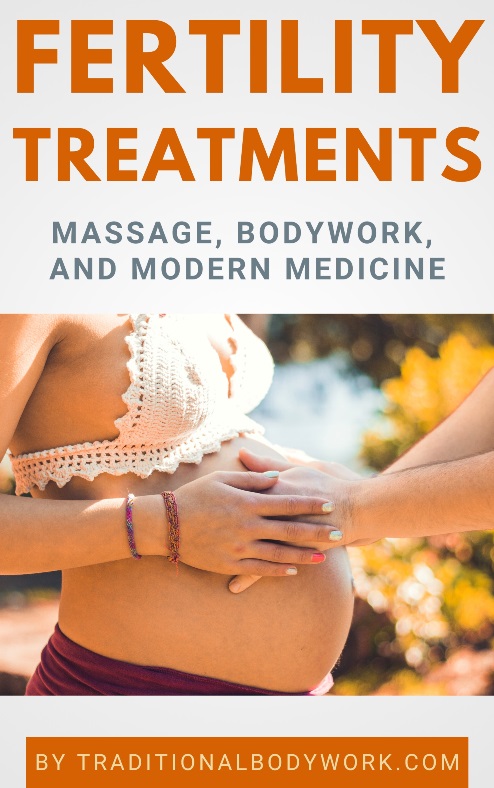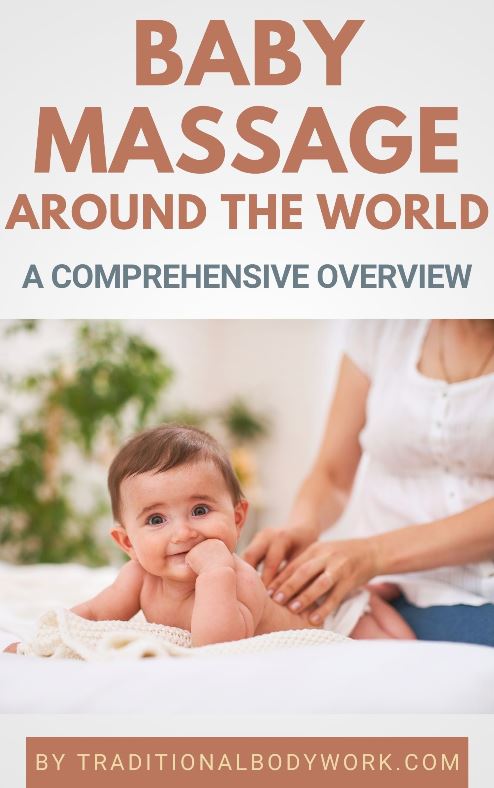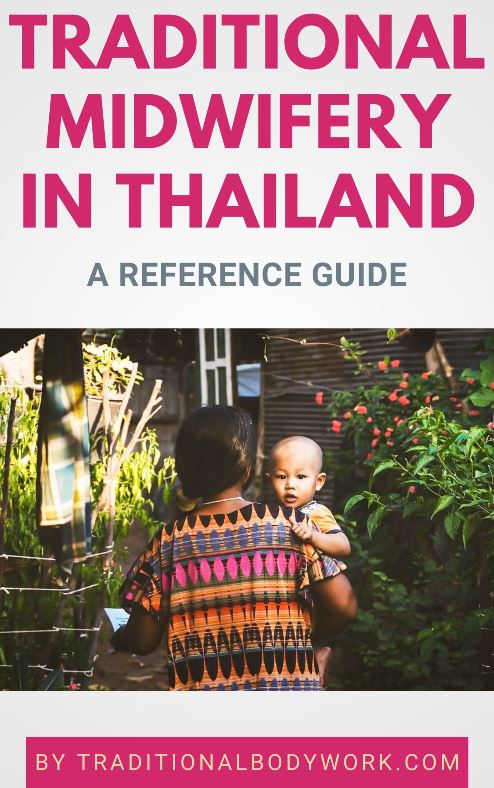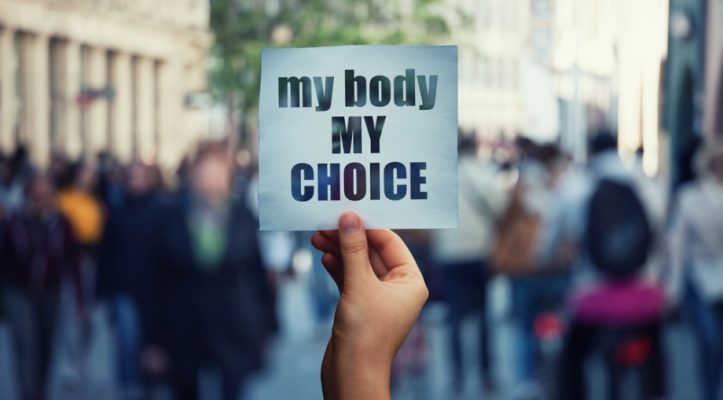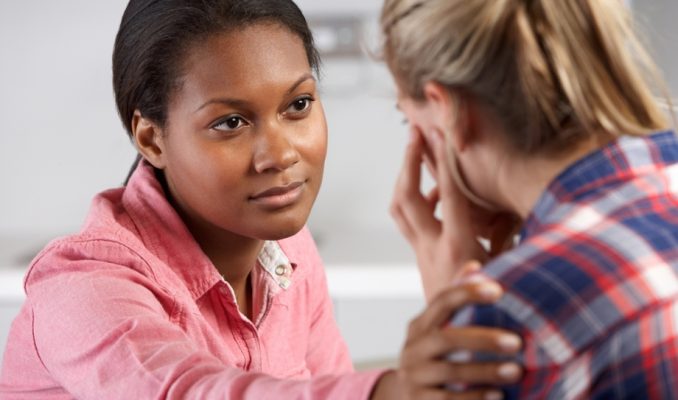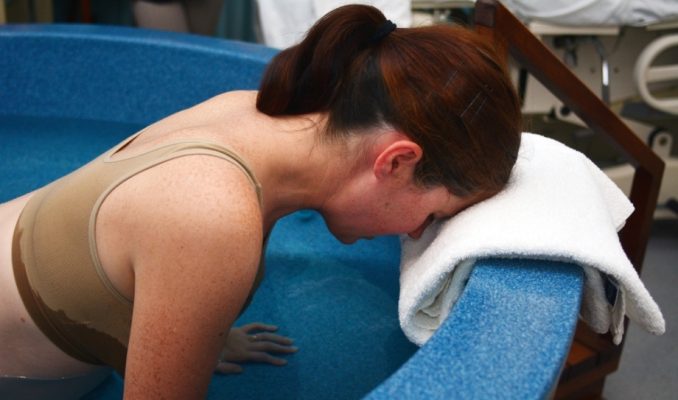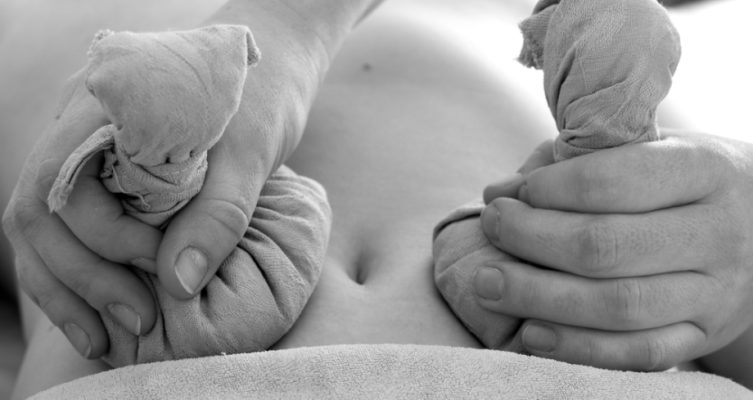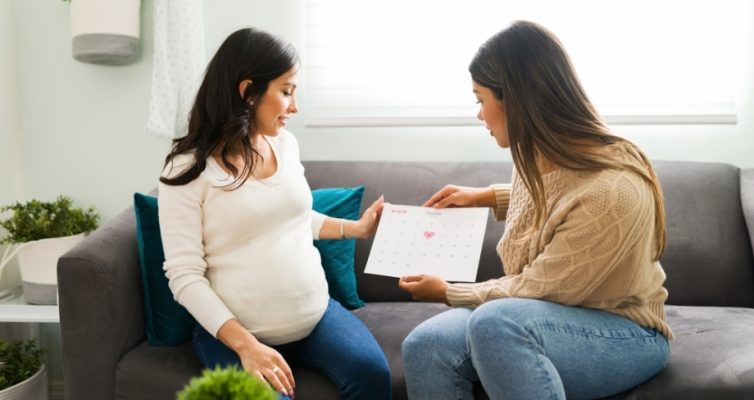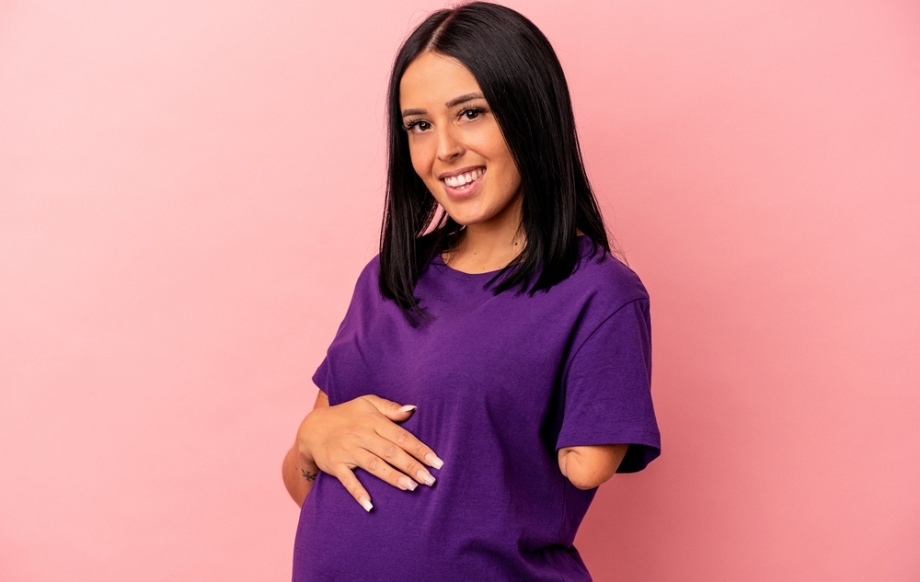
The Disability Doula is specialized in serving and supporting pregnant women with disabilities, and their families. Sometimes it’s not the pregnant woman who has a disability, but the partner, or even both.
The term “disability” is generally defined as physical (affecting mobility, physical capacity, or dexterity), sensory (affecting sight, hearing, taste, touch and smell), or intellectual frailty or incapacity.
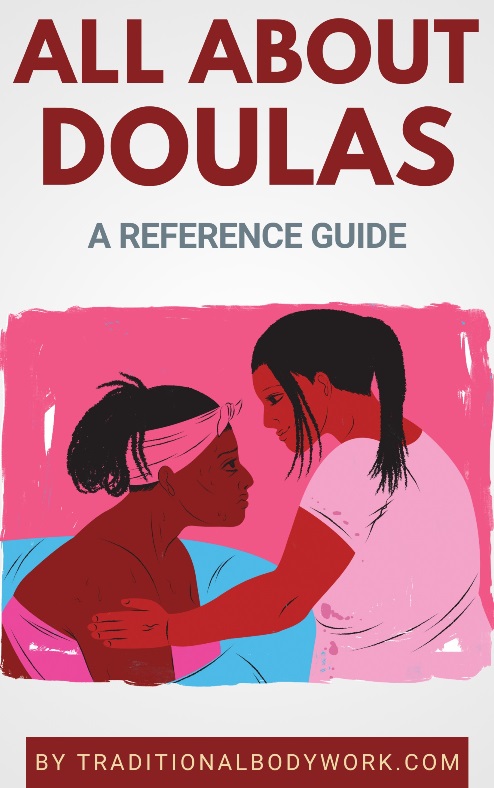
Research has concluded that pregnant women with disabilities have a much higher risk for severe pregnancy- and birth-related complications and death than other pregnant women. Complications may include preterm birth, hypertensive disorders within the pregnancy time, gestational diabetes, and cesarean delivery.
In addition, research has shown that women with disabilities are more likely to live in poverty, which can make accessing healthcare providers more difficult. Those with physical disabilities may also have literal difficulty accessing healthcare facilities. Other factors that may influence higher health risks are higher rates of smoking, substance use, and depression.
At any rate, Disability Doulas can help improving the birth experience for people with disabilities by providing non-medical health education, information, advocacy, and physical, logistical, emotional, and social support for pregnant and postpartum persons.
Mind that disabled people often face ableism, which means that they face discrimination, stereotyping, negative attitudes, and social prejudice based on the belief that “normal” abilities are superior.
As a result, disabled people may encounter a range of barriers against sexual and reproductive health equity, which includes refusals of care and other health care discrimination, service gaps, and/or reproductive coercion.

